Modal Verbs - How to Use Must, Have to and Should - English
Von einem Mystery-Man-Autor
Last updated 11 Juni 2024


The Difference Between Must, Have to, Shall, Need and May - Wall Street English

English lesson - How to use modal verbs: MUST, HAVE TO and SHOULD

English with Karim - What must you do tonight? This week's modal verb is must. Here are four different ways we can use must.

The Difference Between Must, Have to, Shall, Need and May - Wall Street English

Perfect Modal Verbs in English and Example Sentences - Grammar Simple

have to, must, should – obligation, prohibition, necessity, advice - Test- English

How And When To Use English Modal Verbs
.png)
Modal Verbs - English Grammar Rules
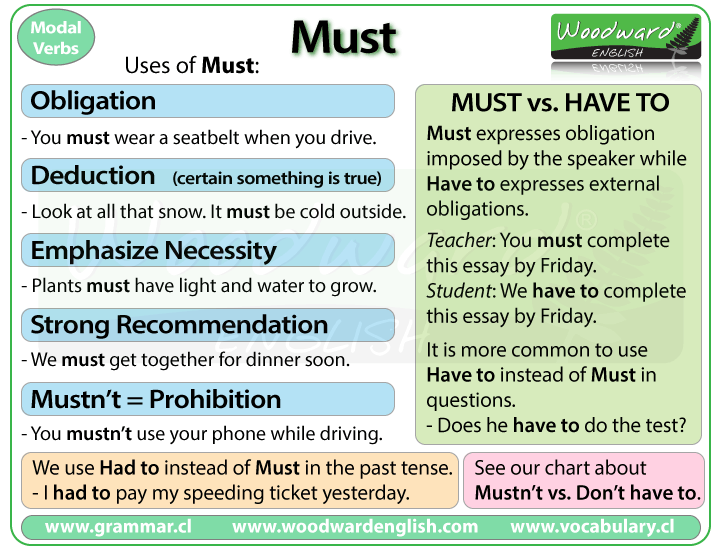
Must - English Grammar

Must and Should – English School Dublin

Modals Can, May, Must, Shall, Will, Ought to, Need, Be to, Have to, Would, Should, …

Modal Verbs - English - Ceytopia

Modal Verb Examples: Can and Could, May and Might, Shall and Should, Must and Had to, Ought to and Had better - ESLBUZZ
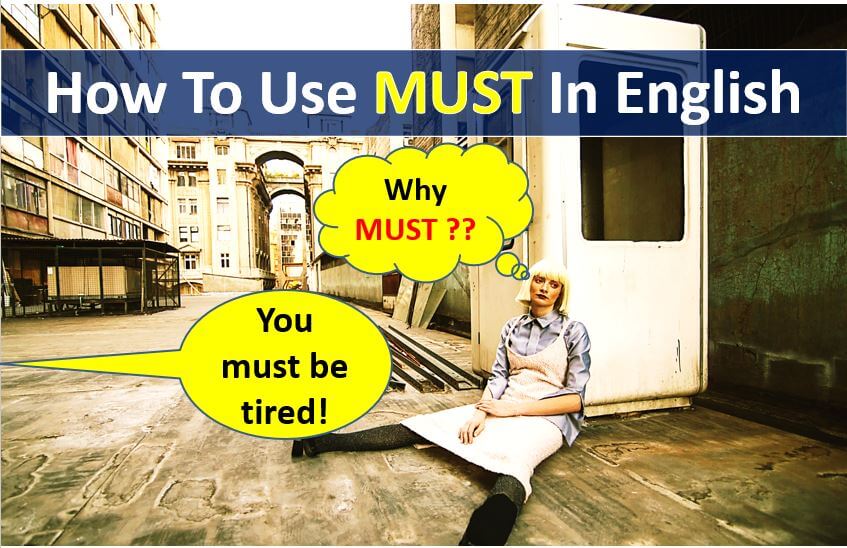
How to use English modal verb MUST - DailyStep English
für dich empfohlen
 Must have label or sticker Royalty Free Vector Image14 Jul 2023
Must have label or sticker Royalty Free Vector Image14 Jul 2023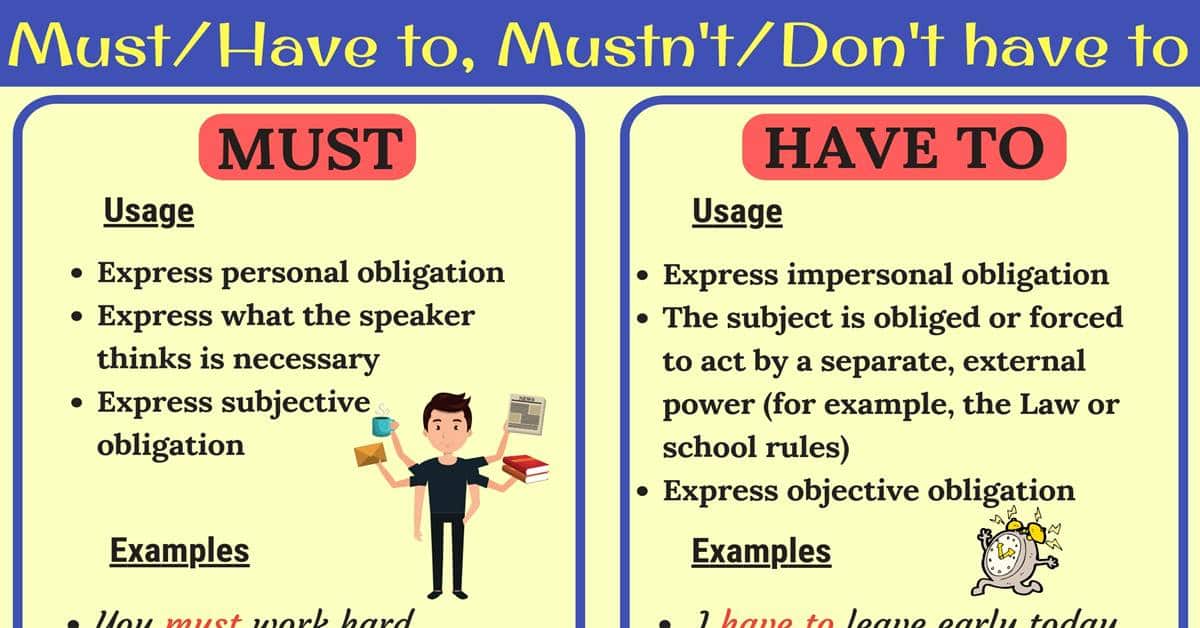 Must vs. Have to Must Not vs. Don't Have to • 7ESL14 Jul 2023
Must vs. Have to Must Not vs. Don't Have to • 7ESL14 Jul 2023 Must Have этого сезона14 Jul 2023
Must Have этого сезона14 Jul 2023 Купить смесь для кальяна Must Have 125 гр14 Jul 2023
Купить смесь для кальяна Must Have 125 гр14 Jul 2023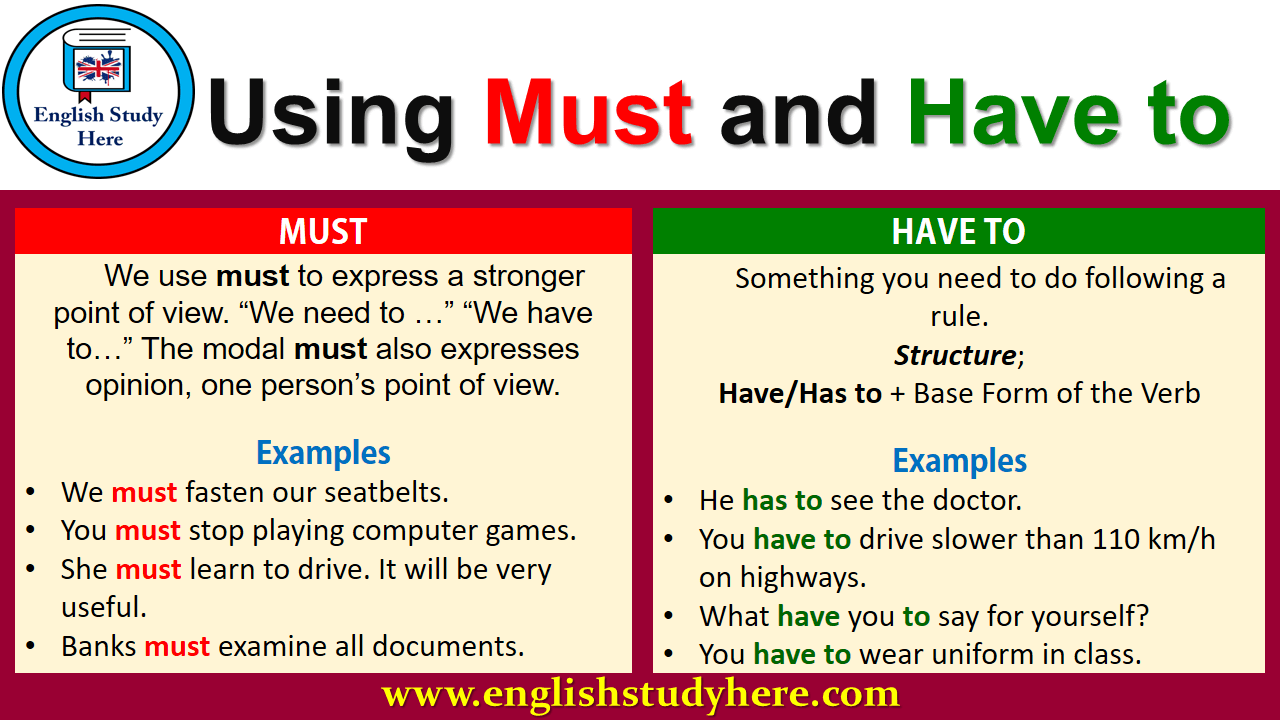 Using Must and Have to in English - English Study Here14 Jul 2023
Using Must and Have to in English - English Study Here14 Jul 2023 Must Have - купити в Києві, Україні оригінальний одяг та взуття14 Jul 2023
Must Have - купити в Києві, Україні оригінальний одяг та взуття14 Jul 2023- Must-have - Must-have updated their cover photo.14 Jul 2023
 Modal Verbs - How to Use Must, Have to and Should - English Grammar Lesson14 Jul 2023
Modal Verbs - How to Use Must, Have to and Should - English Grammar Lesson14 Jul 2023 Must Have Hashtag Aroma von Must Have14 Jul 2023
Must Have Hashtag Aroma von Must Have14 Jul 2023 MUST HAVE EAU DE PARFUM – UNISEX - La Ric14 Jul 2023
MUST HAVE EAU DE PARFUM – UNISEX - La Ric14 Jul 2023
Sie können auch mögen
 Dachluke hi-res stock photography and images - Alamy14 Jul 2023
Dachluke hi-res stock photography and images - Alamy14 Jul 2023 Slovenia 1 euro 2007 - UNC14 Jul 2023
Slovenia 1 euro 2007 - UNC14 Jul 2023 MTB Lenker, Mountainbike Lenker, Carbon mtb lenker 31,8, Grau14 Jul 2023
MTB Lenker, Mountainbike Lenker, Carbon mtb lenker 31,8, Grau14 Jul 2023 Moturo Spurstangenkopf 1 Stk. Typ 33 für Spurstange für div. China14 Jul 2023
Moturo Spurstangenkopf 1 Stk. Typ 33 für Spurstange für div. China14 Jul 2023 3M 610C Reflektorband Reflektorfolie reflektierendes Klebeband14 Jul 2023
3M 610C Reflektorband Reflektorfolie reflektierendes Klebeband14 Jul 2023 Zugfeder 16-24 cm zur Befestigung von Sonnensegeln - HORNBACH14 Jul 2023
Zugfeder 16-24 cm zur Befestigung von Sonnensegeln - HORNBACH14 Jul 2023- BMW 1er Schlüsseletui Schwarz in 41334 Nettetal für 15,00 € zum14 Jul 2023
 Ceolup Gummiband fürs Auto - Autozubehör Hochelastische Gurte,Flexibler Kofferraum-Organizer, Gürtel, Autogepäck, Fester Gurt für Auto, LKW, Van: : Auto & Motorrad14 Jul 2023
Ceolup Gummiband fürs Auto - Autozubehör Hochelastische Gurte,Flexibler Kofferraum-Organizer, Gürtel, Autogepäck, Fester Gurt für Auto, LKW, Van: : Auto & Motorrad14 Jul 2023 BMW SERIE 5 bmw-bmw-e39-540ia-airride-tuning-limousi Used - the parking14 Jul 2023
BMW SERIE 5 bmw-bmw-e39-540ia-airride-tuning-limousi Used - the parking14 Jul 2023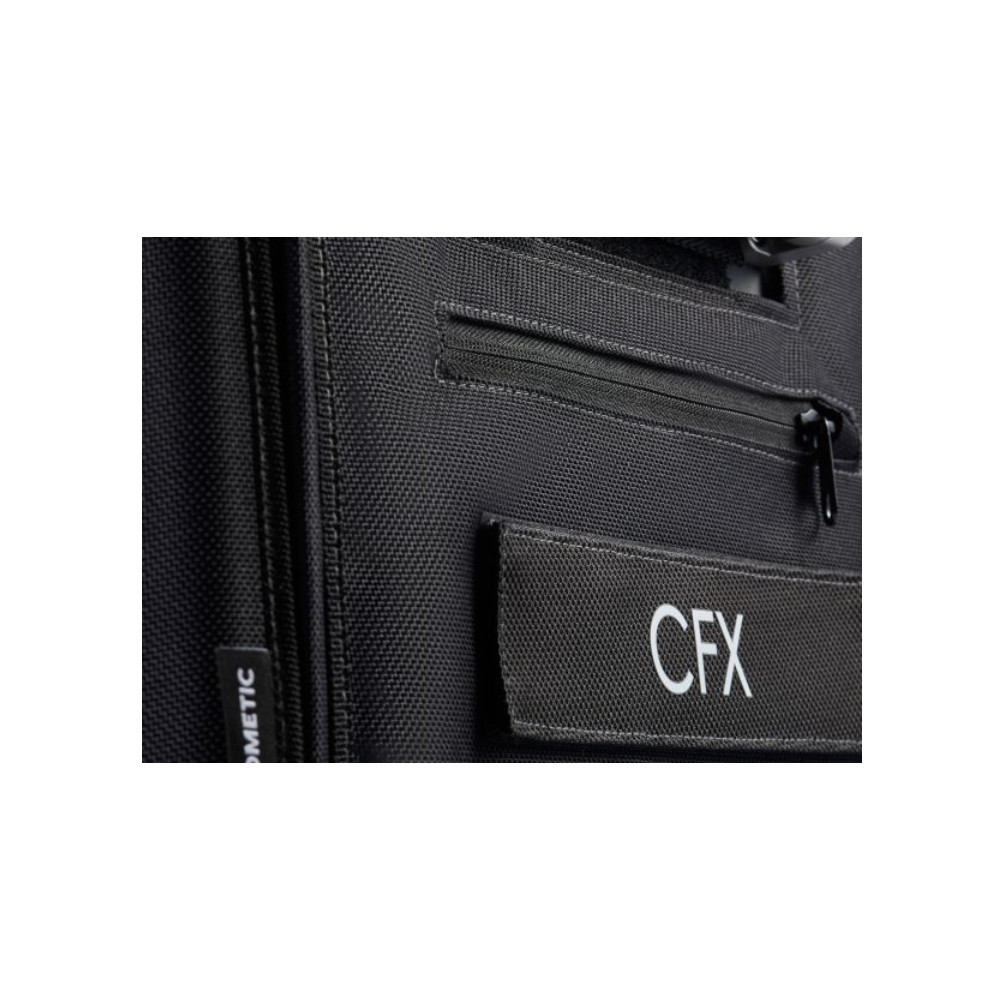 Dometic Schutzhülle für CoolFreeze CFX3 55 / 55IM14 Jul 2023
Dometic Schutzhülle für CoolFreeze CFX3 55 / 55IM14 Jul 2023
